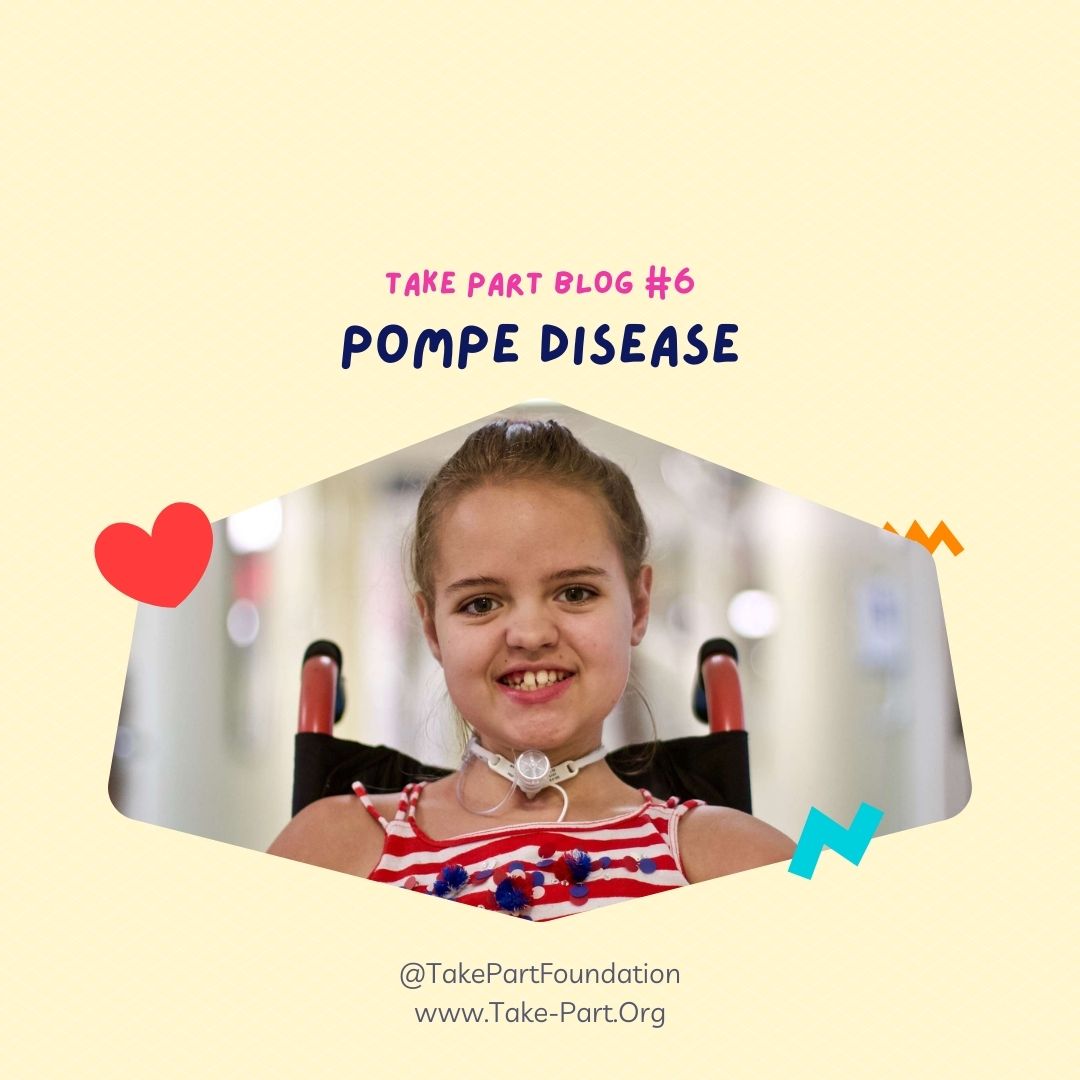Medical Information about Pompe Disease:
The severity of the disease depends on the degree of deficiency of GAA. Depending upon the severity and the age at which it occurs, there are two types of Pompe disease: the early onset and the late onset which are given below along their symptoms.
Early onset Pompe Disease
The early onset is also known as infantile Pompe disease and further categorized as classic in which the symptoms appear soon after birth and non-classic infantile Pompe disease in which the symptoms occur later but normally within first years of life 2.
Symptoms might include:
Weak muscles with poor tone
Heart defects
Hepatomegaly (enlarged liver)
Hearing and respiratory problems
Breathing and feeding difficulties
Late onset Pompe disease
Late onset also known as Juvenile Pompe disease results due to the partial deficiency of GAA and the symptoms appear late in childhood or during adulthood.
The symptoms might include:
Muscles weakness including muscles of trunk, legs, and respiratory muscles
Mobility abnormalities
Eating and breathing difficulties
Severe breathing problems leading to respiratory failure and ultimately death
Diagnosis
The diagnosis is usually based on clinical evaluation, biochemical tests, and the family history.
Blood tests to measure the GAA enzyme activity in leukocytes and screening of the GAA gene mutation
Electrocardiogram, x-rays to find heart conditions
Electromyography and MRI of muscles
Lung tests for breathing problems
Treatment and Management
Patients with Pompe disease are usually offered symptomatic care. The enzyme replacement therapy has also been approved by clinical trials which involves administration of alglucosidase alfa or the Myozyme drug intravenously and it acts like the natural acid alpha-glucosidase enzyme and is usually given for infantile Pompe disease and Lumizyme© for all age groups. Another drug called Nexvia Zyme (avalglucosidare alfa-ngpt) has been used for children at age 1 or older with late onset disease.
Prognosis
The prognosis usually depends on the age of onset. In infantile onset, without treatment, the children usually die before age 1 mostly because of a thickened and enlarged heart causing cardiorespiratory failure. The progression of disease would be slow in later onset of disease. The prognosis is also dependent upon the involvement of respiratory muscles and severity of muscle weakness.
Who is at most risk for Pompe Disease?
As it is an autosomal recessive disorder, the risk for a child with both carrier parents to get Pompe disease is 25% and the risk of the child to be carrier of Pompe disease is 50%. The risks for both males and females are the same.
